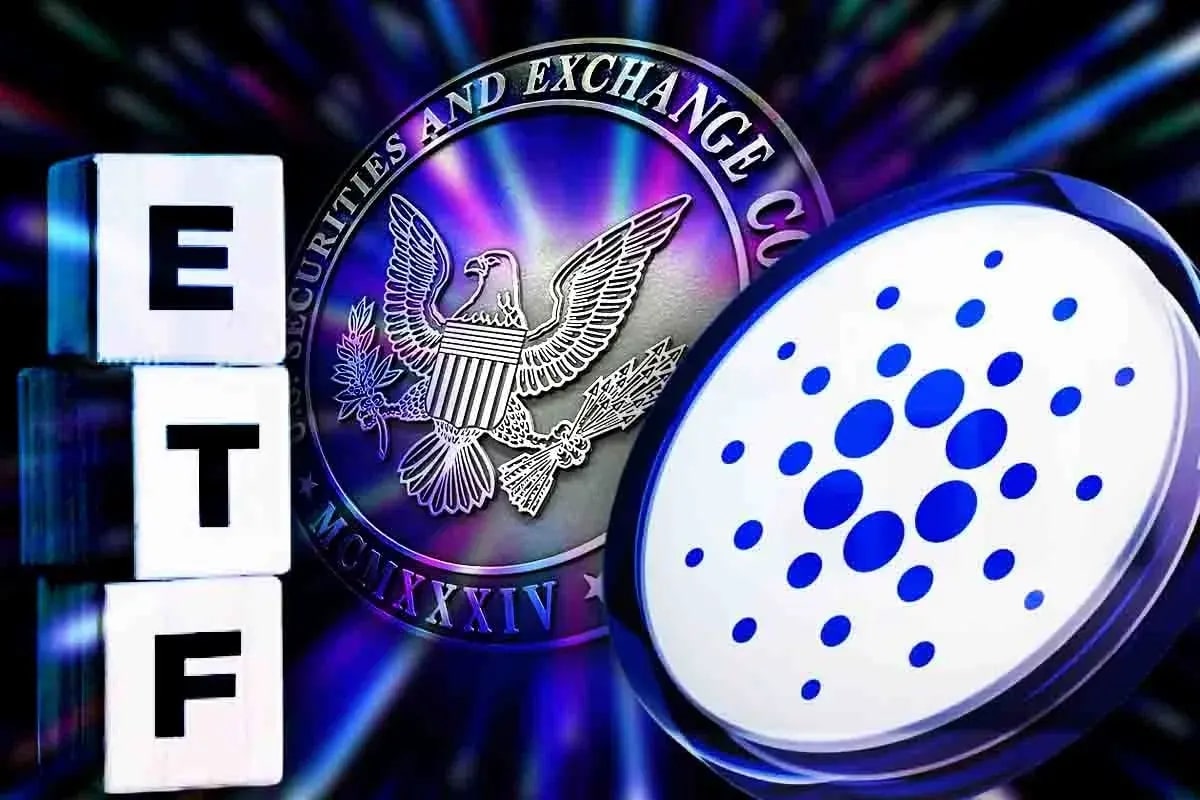Crypto
Key Takeaways:
- The SEC has officially postponed its ruling on Grayscale’s proposals for Avalanche (AVAX) and Cardano (ADA) ETFs.
- The Commission cited the need for more time to evaluate the applications.
- Public comments and rebuttal deadlines have been extended, with final decisions expected later this year.
- The move highlights persistent regulatory hesitation toward crypto ETFs beyond Bitcoin.
Crypto Grayscale’s Ambitious ETF Plans
Grayscale, one of the largest crypto asset management firms, has been actively expanding its product suite by proposing new spot ETFs tied to individual cryptocurrencies. Following the long-awaited approval of several Bitcoin spot ETFs earlier this year, Grayscale turned its focus to other leading layer-1 blockchain assets: Avalanche (AVAX) and Cardano (ADA).
The firm’s filings aim to list these ETFs on the Nasdaq, allowing traditional investors exposure to AVAX and ADA without needing to directly hold or manage the underlying digital tokens. For many institutional players, this structure is preferred, offering regulatory compliance and operational convenience within the frameworks of traditional finance.
Crypto SEC’s Latest Delay Announcement
On May 29, 2025, the U.S. Securities and Exchange Commission (SEC) formally announced it would be extending the review period for both ETF applications. The agency stated that it required more time to carefully consider the proposals, evaluate market conditions, and gather public input before issuing a final decision.

The new timeline sets:
- A public comment period ending 21 days after official publication in the Federal Register.
- A rebuttal period of 35 days after publication for additional responses.
This marks the SEC’s latest instance of cautious handling of crypto-backed exchange-traded products (ETPs), a space it has historically approached with significant regulatory scrutiny.
Crypto Why the Delay Matters
The SEC’s hesitation comes amid growing pressure to expand approved crypto ETFs beyond Bitcoin. While spot Bitcoin ETFs have gained traction in the U.S., altcoin ETFs — covering assets like Ether, Solana, Avalanche, and Cardano — remain in regulatory limbo.
Crypto Key Factors Influencing the SEC’s Deliberations
The SEC’s cautious stance is rooted in specific concerns. These include the inherent risks of market manipulation in the spot markets for the underlying cryptocurrencies. Furthermore, the agency is carefully evaluating challenges related to liquidity and the accurate valuation of altcoin assets. The ongoing uncertainty regarding the classification and regulation of different cryptocurrencies under U.S. securities laws also plays a significant role in their decision-making process.
Until these issues are resolved, regulators are expected to continue delaying or rejecting non-Bitcoin crypto ETF applications.
Crypto Impact on the Crypto Market
The SEC’s delay had an immediate, if moderate, impact on market sentiment:
- AVAX and ADA saw minor price fluctuations following the announcement, reflecting subdued investor expectations.
- The news was widely anticipated by traders familiar with the SEC’s recent cautious behavior toward crypto funds.
- Institutional investors remain in a holding pattern, awaiting regulatory clarity before increasing exposure to altcoin-backed ETPs.
While no major sell-offs occurred, the delay reinforces the sense of regulatory uncertainty hanging over the U.S. crypto investment landscape.
Crypto What’s Next for Grayscale
Grayscale now faces a longer waiting period as it works to address potential SEC concerns through supplementary filings and public commentary. The company is likely to emphasize:
- Robust custody and security arrangements for digital assets.
- Comprehensive market surveillance mechanisms to detect manipulation.
- Transparent asset valuation methodologies.
Success in addressing these points will be crucial if Grayscale hopes to secure approval later this ye



